
How the Lenape Nation fights to protect the Delaware River
The Lenape's efforts helped lead to a 2021 ban on fracking in the Delaware River Basin and prevented the building of a dam along the river in 2002.
Watch CBS News

David Schechter serves as CBS News National Environmental Correspondent, delivering in-depth reporting on the human impacts of our changing environment and climate.
His work frequently blends cinematic visuals, expert insights, and personal narratives to make complex stories accessible and engaging.
Before joining CBS in 2022, Schechter worked in local journalism across stations in Dallas (WFAA), Minneapolis (WCCO), Kansas City, Youngstown, and Dubuque. In Dallas, he co-created the docuseries Verify Road Trip, taking skeptical viewers on the road to report stories with him and reach their own conclusions.
Schechter's achievements include a 2021 Alfred I. duPont-Columbia University Silver Baton for climate coverage, three Edward R. Murrow Awards for documentaries, two Scripps Howard National Journalism Awards, the Walter Cronkite Award for Excellence in Political Reporting, and a James Beard Finalist Award. He is a graduate of the University of Michigan.

The Lenape's efforts helped lead to a 2021 ban on fracking in the Delaware River Basin and prevented the building of a dam along the river in 2002.
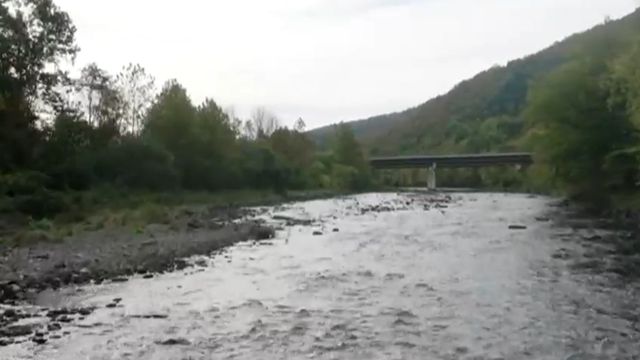
As climate change warms rivers, the fishing industry is increasingly threatened. One nonprofit shows how it's helping to save the fishing-tourism economy.
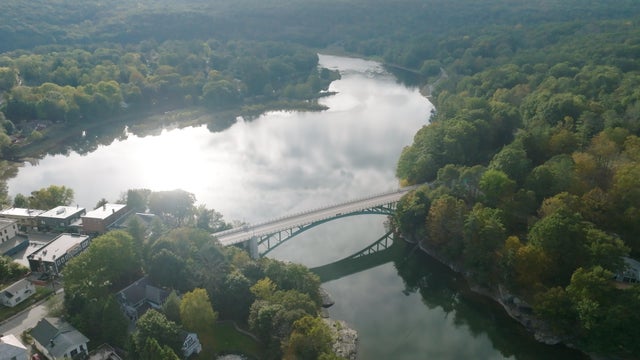
America's rivers and streams are under threat from pollution, development and climate change. A CBS News team spent a week traveling down the Delaware River for a closer look at the impact.
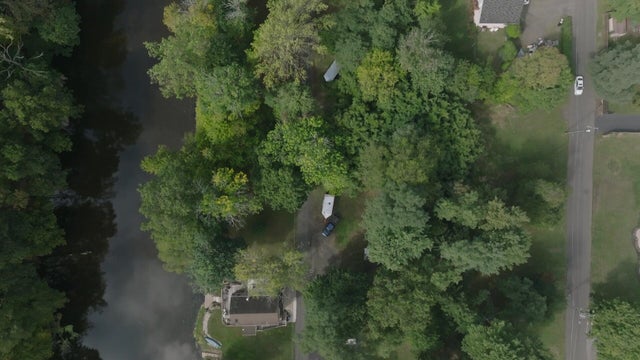
Americans living in floodplains may be offered buyouts, but they don't always take them.
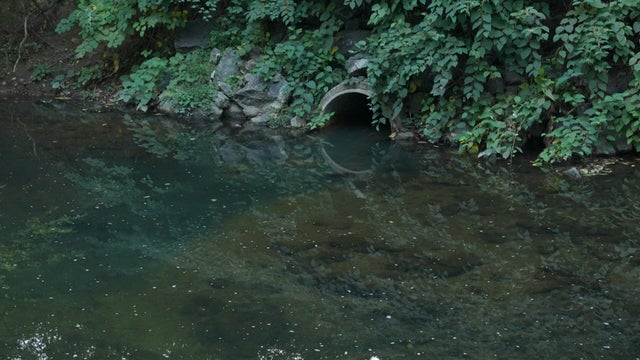
A major issue facing U.S. rivers is contamination by sewage and other forms of pollution, but some communities are impacted more than others.

Critics say some of the messages in these ads leave the impression that oil and gas companies are part of the solution to climate change — instead of the problem.
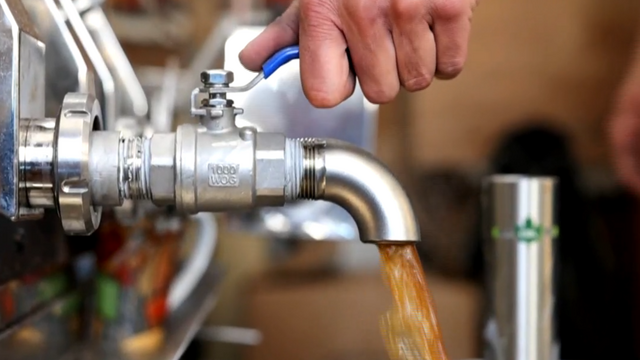
Sugar maple habitats appear to be shifting northward due to climate change. Maine maple syrup producers are working to adapt.
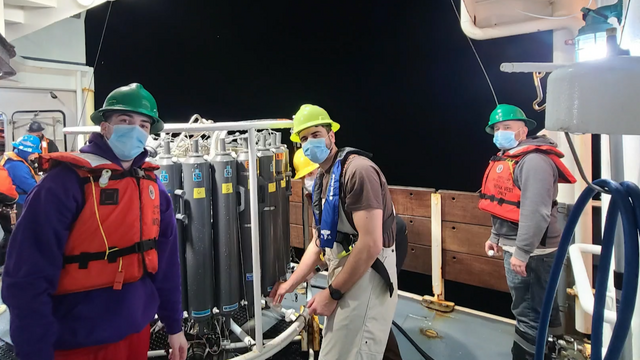
By coincidence, a research ship pulled up to Los Angeles as the deadly wildfires were burning thousands of homes, incinerating plastic, paint, asbestos and car batteries.
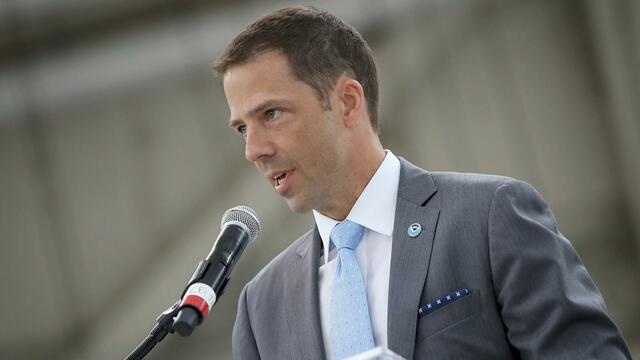
Craig McLean said many scientists "are worried about President Donald Trump's return to office — after he undermined science in his first term."

In L.A., where the historic Palisades and Eaton Fires continue to burn, a Passive House was the only house still standing in its neighborhood.
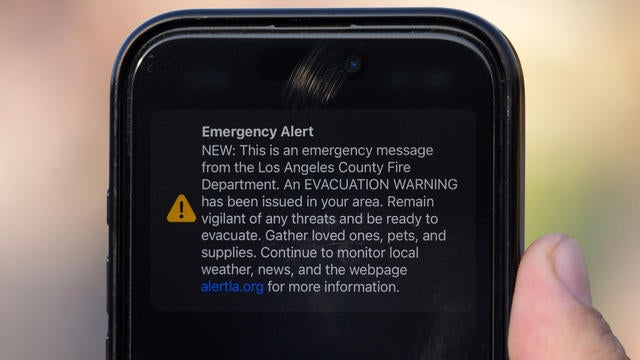
Genasys, the company behind Los Angeles' emergency alert technology, said it has "not been able to replicate" an error that sent inaccurate information to millions.
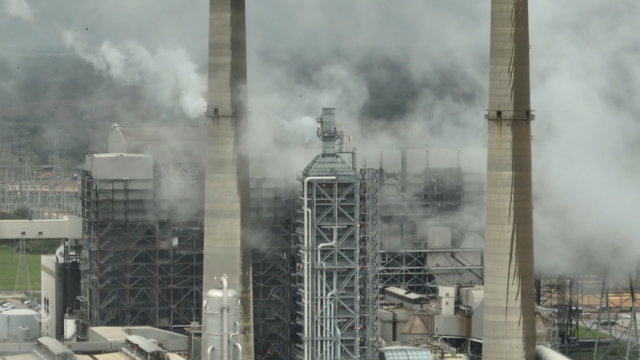
In the U.S., the biggest polluters are often concentrated in underserved, mostly minority communities.

A CBS News investigation tracked plastic cups from Starbucks recycling bins to landfills and incinerators across the country.
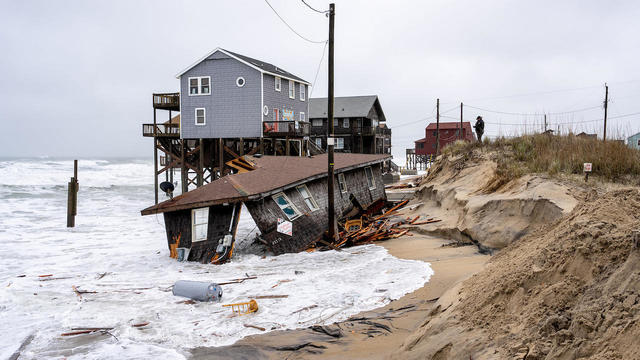
In the last four years, the Atlantic Ocean has toppled 10 homes on Hatteras Island. Residents are grappling with an unknown future.
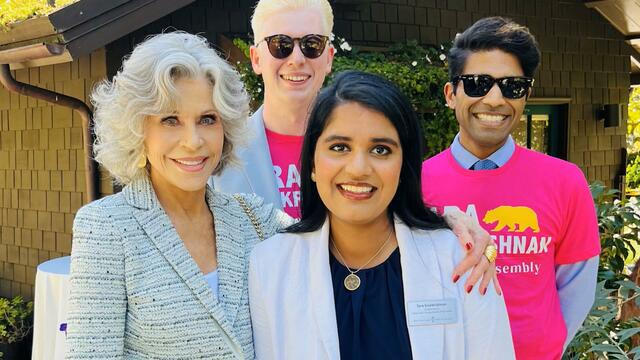
Jane Fonda is going door-to-door to help local candidates win their races.